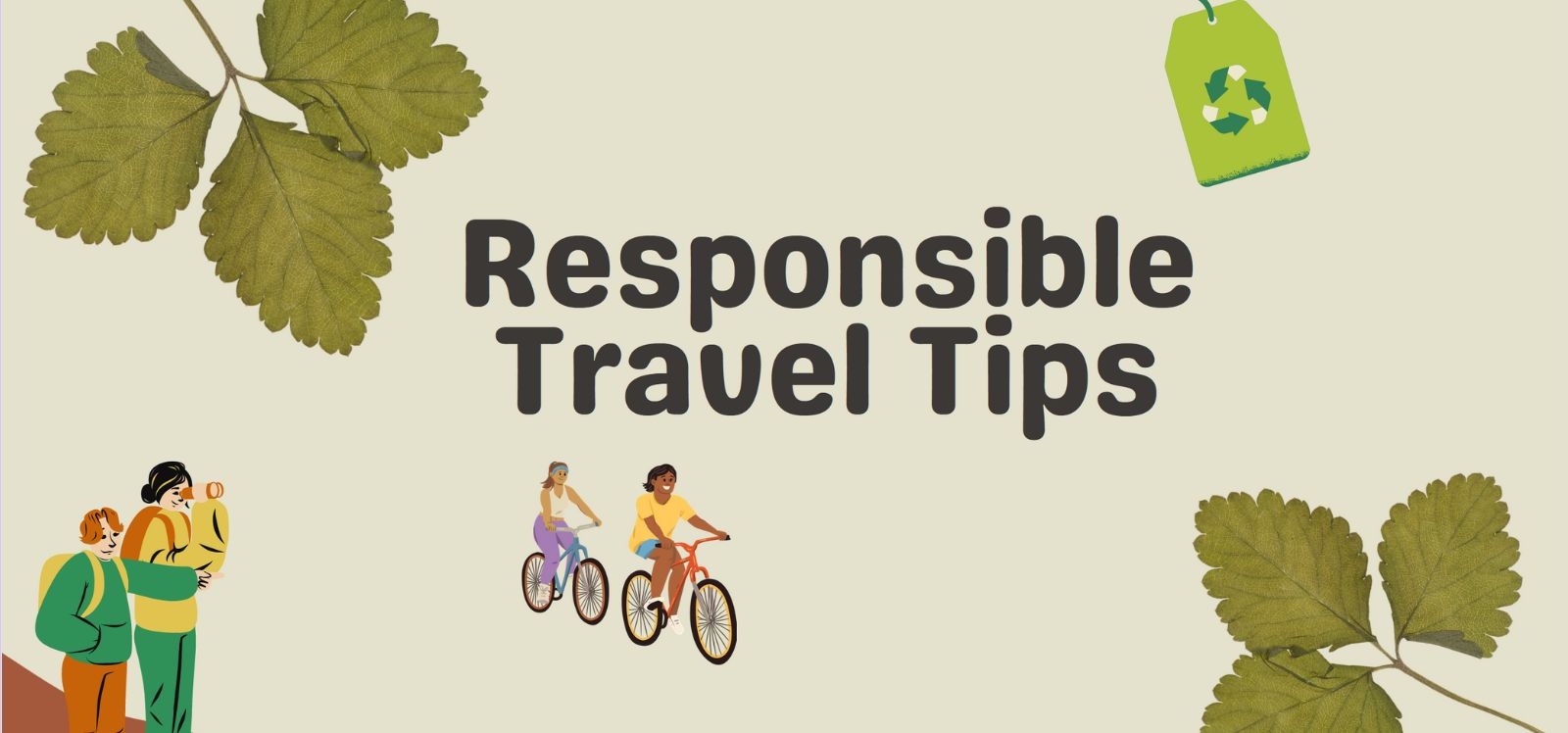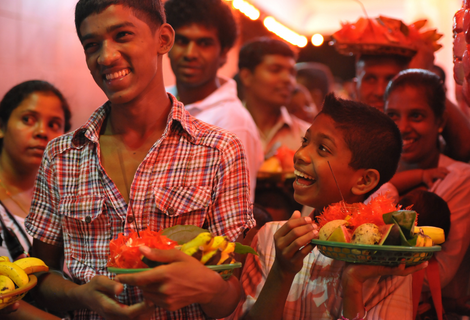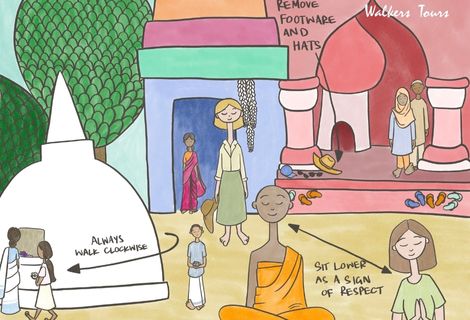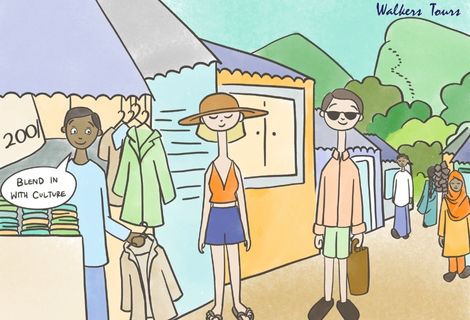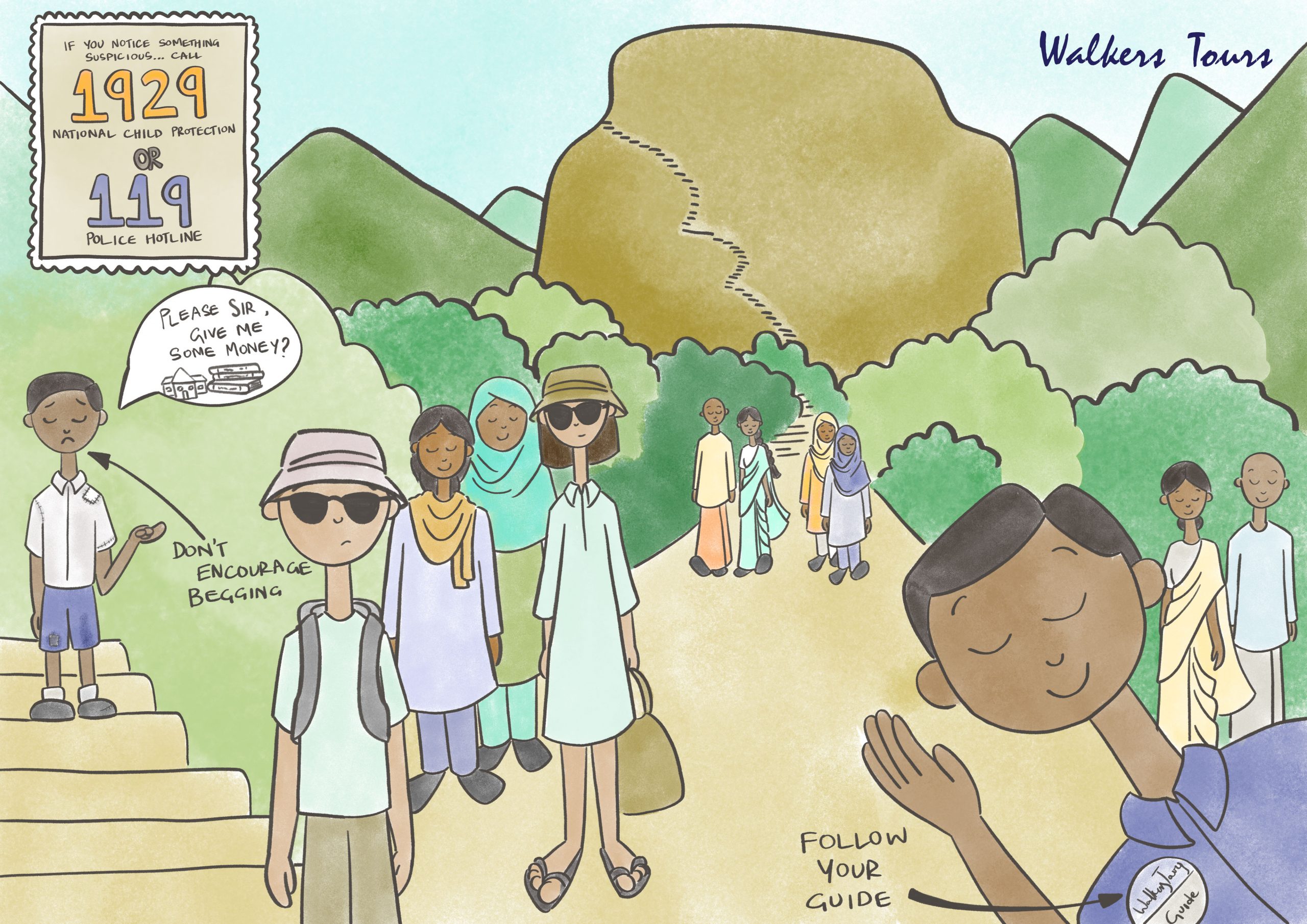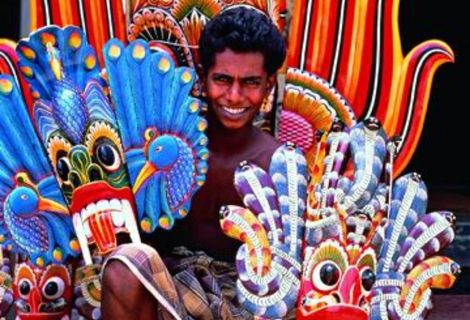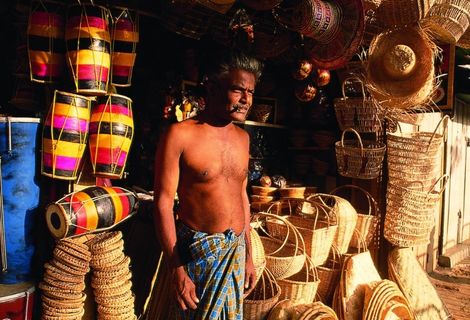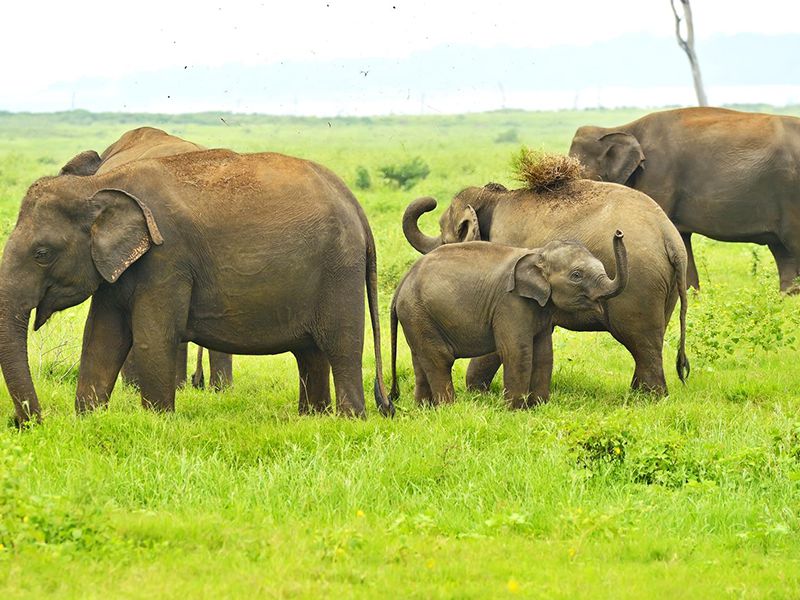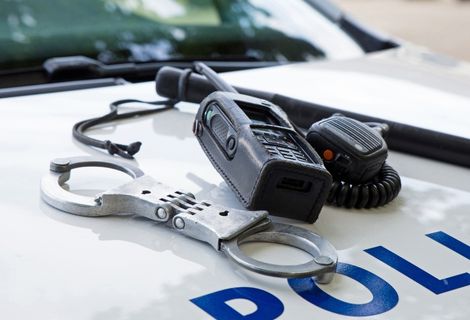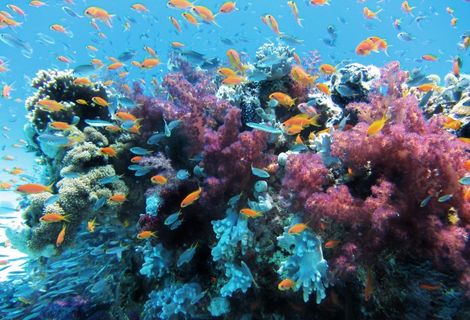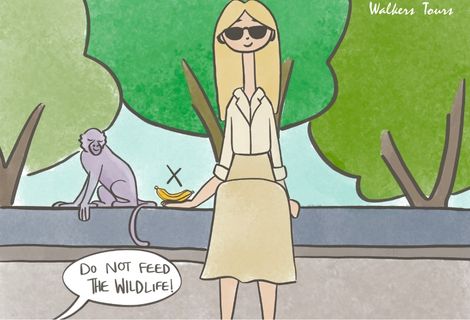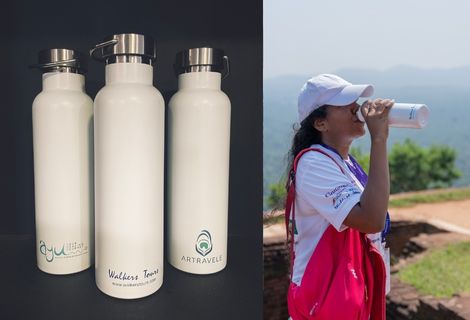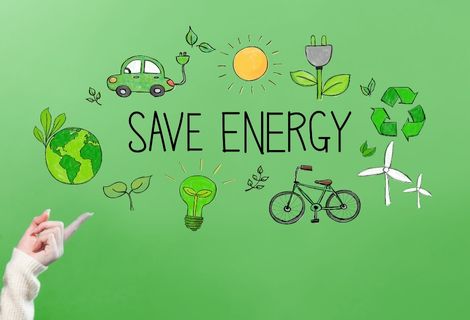Animals in tourism
We want to protect wildlife and promote conservation, we therefore recommend a sensitive approach to all animal attractions, such as national parks, elephant camps, primate centers or marine wildlife attractions.
- Always respect all park rules and refrain from stepping out of the jeep.
- You are encouraged to wear earthly colours to attract minimum attention from animals.
- Maintain a maximum duration of 2.5 – 3 hours on safari return to hotel before dusk.
- Never feed or touch wild animals on land or underwater.
- Do not stare or smile at primates.
- Please do respect animal’s natural behavioural patterns.
- Animals should always have access to food and water, and live free from pain, discomfort, fear or stress.
- If you visit an elephant camp and you see an elephant forbidden to eat grass, walking on concrete, under the sun, carrying over 150kgs, or performing unnatural activities such as painting, playing football etc. refuse it!
- Do not encourage your guide or jeep driver to chase the animals and overcrowd any location during jeep safari and marine mammal safari.
